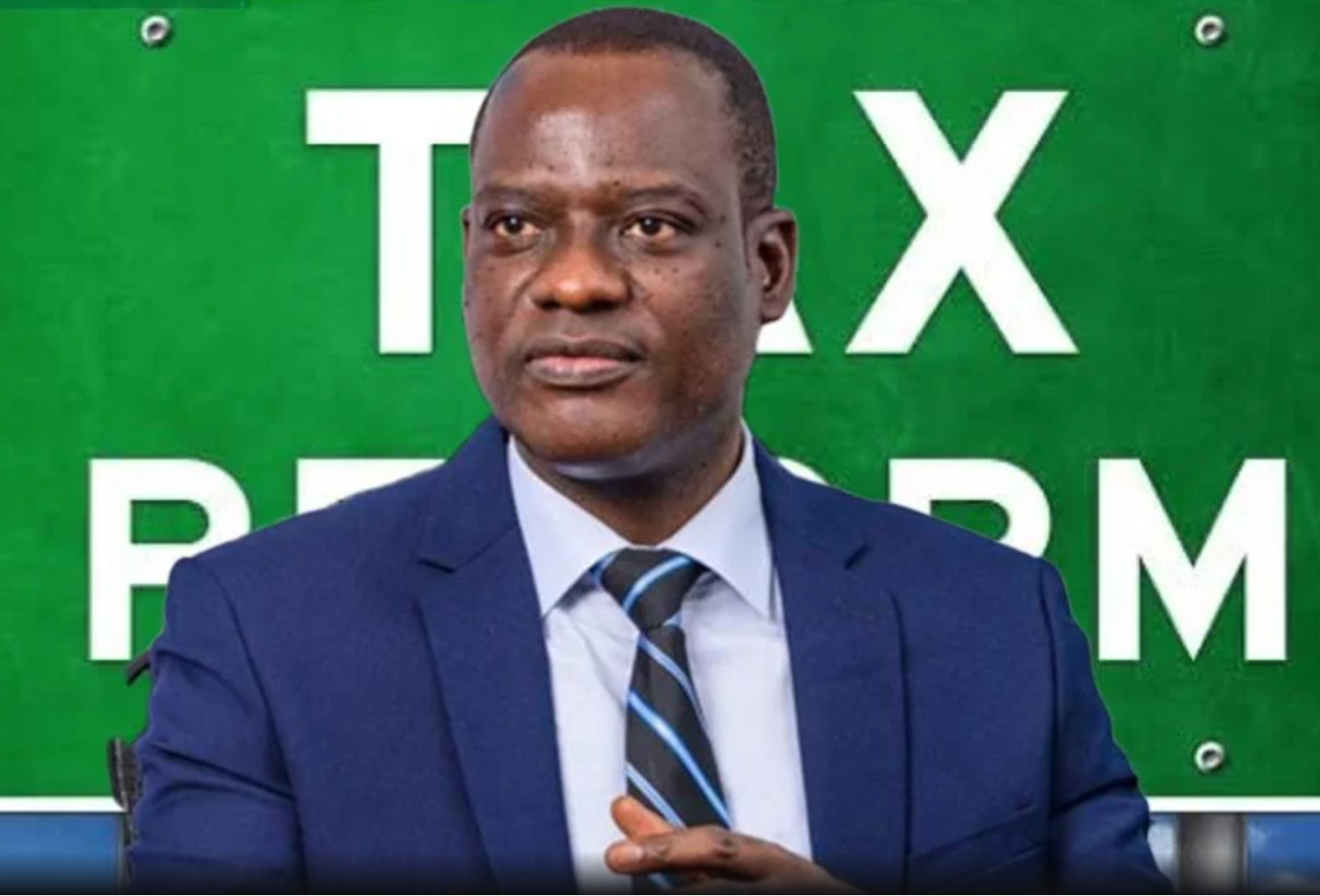The Chairman of the Presidential Fiscal Policy and Tax Reforms Committee, Taiwo Oyedele, has debunked widespread claims that every Nigerian must obtain a Tax Identification Number (Tax ID) to open or maintain bank accounts.
He clarified that the requirement applies strictly to taxable individuals and businesses engaged in income-generating activities.
In a post on his official X handle, Oyedele explained that the newly enacted Nigeria Tax Administration Act (NTAA) mandates all “taxable persons”—defined as those engaged in trade, business, or other economic activities—to register with the tax authority and obtain a Tax ID.
“Banks and financial institutions are required to request a Tax ID from taxable persons. However, individuals who do not earn income and are not taxable are not required to obtain one,” Oyedele stated.
Oyedele recalled that the Finance Act of 2019 had already introduced the requirement for a Tax Identification Number (TIN) when opening business accounts, which came into effect in January 2020. The NTAA, he said, builds on that framework by harmonising multiple identifiers into a single Tax ID system.
To ease compliance, individuals’ National Identification Number (NIN) and companies’ Corporate Affairs Commission (CAC) registration number will automatically serve as their Tax ID, eliminating duplication.
Existing TINs remain valid, while new applicants can obtain a Tax ID online or at designated tax offices free of charge.
“The Tax ID is not a physical card, but a unique number linked to your identity. Nigerians should avoid touts or unofficial agents claiming to issue Tax ID cards,” Oyedele cautioned.
The law extends beyond private citizens and businesses to cover non-resident companies operating in Nigeria, government-owned enterprises, and agencies at all levels. Nigerians in the diaspora can also use their NIN to obtain a Tax ID for banking or investment purposes in Nigeria.
Starting from January 1, 2026, taxable persons who fail to register may face restrictions, including the inability to operate bank accounts, insurance policies, pension funds, or investment accounts. Penalties will apply in line with NTAA provisions.
Oyedele stressed that the reform is designed to simplify tax administration, reduce loopholes, and ensure fairness in Nigeria’s fiscal system.
“For most ordinary Nigerians, there is no extra burden because their NIN or CAC number will serve as their Tax ID. The goal is to ensure that those who earn taxable income contribute their fair share while low-income citizens remain protected,” he said.
The Presidential Fiscal Policy and Tax Reforms Committee urged Nigerians to rely only on official government channels for accurate updates on the new tax laws, warning against misinformation circulating online.





